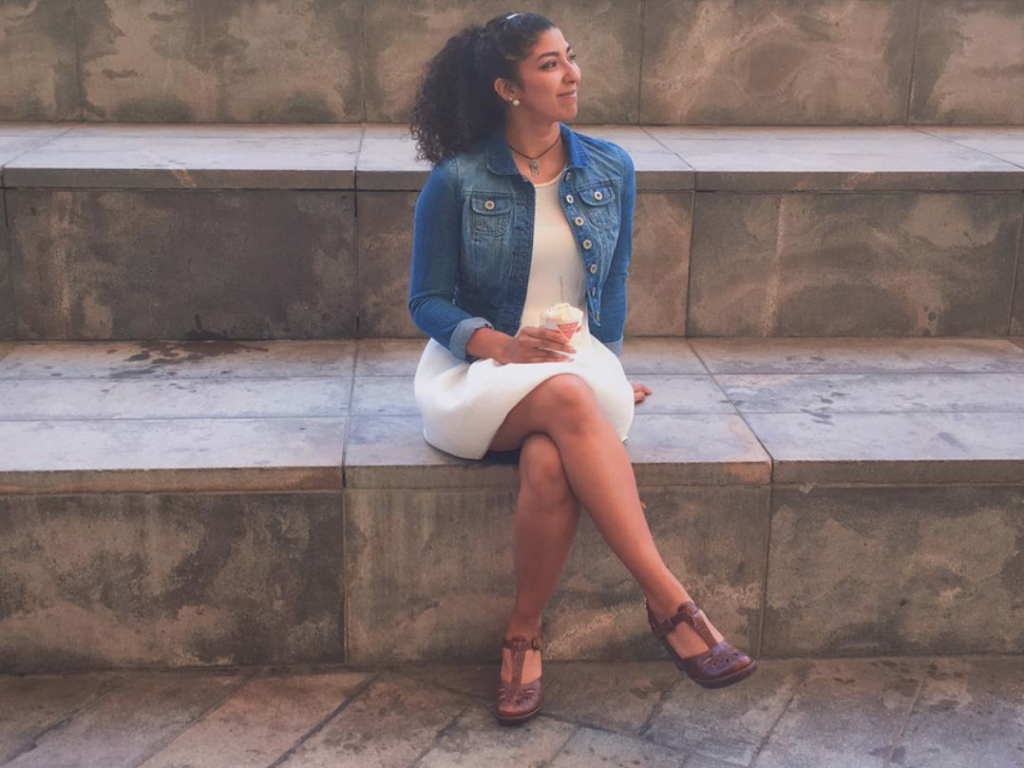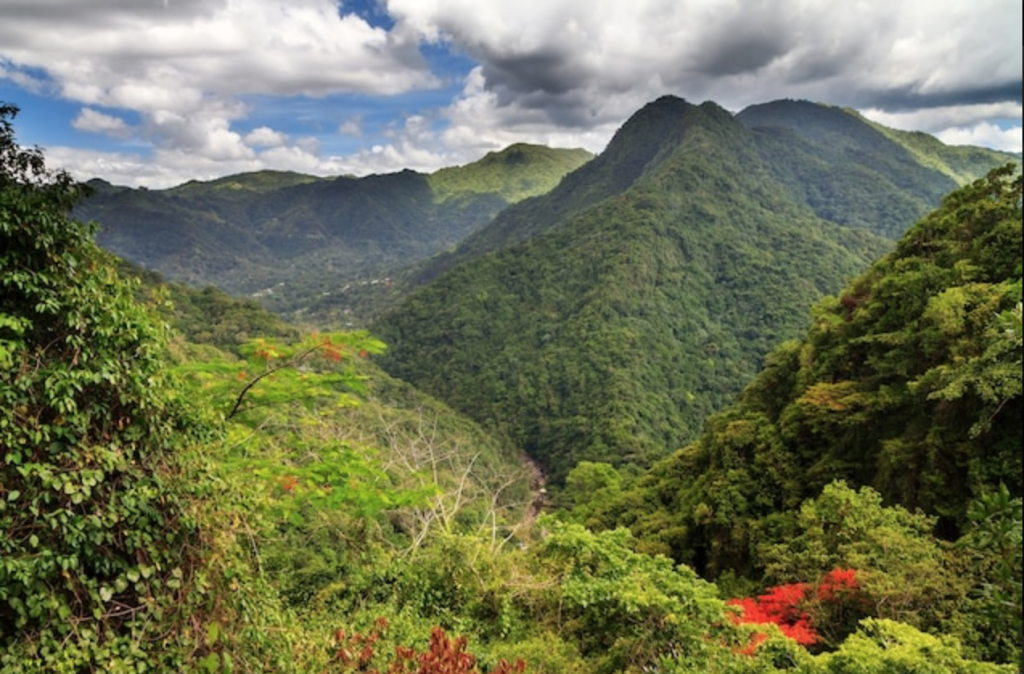
Lea Melendez, 24, is a game developer based in New York City, where she volunteers with environmental advocacy groups like the Post-Landfill Action Network and Games for Change. Melendez began her career at the Rochester Institute of Technology, where she majored in Game Design, and is currently pursuing a graduate degree at Parsons in Design and Technology. She hopes to use her education to incorporate eco-awareness into games and play. Melendez credits her environmental activism to her heritage, which informs her belief systems surrounding land conservation and management.
Melendez is Puerto Rican and Taíno, the prominent indigenous identity on the island of Puerto Rico. She attributes much of her environmental awareness to her culture, which prioritizes sustainability and cautions against the dangers of overburdening the natural environment. For example, Taíno society engaged in shifting agriculture, a process that uses field rotation in order to restore natural fertility. Melendez takes inspiration from this heritage in formulating her own beliefs about the environment. She elaborated, “A large part of my interest in environmental issues stems from my roots as a member of the Taino people. As an indigenous group, we believe in a lifestyle where we work cooperatively with the world around us. The gods and goddesses they believed in all represented different ‘gifts’ our planet offers us—like fresh water and fertile land. We owe the earth everything we have and it is our responsibility to make up for what we take. Although we’ve been declared extinct, our culture and beliefs are still alive through people like me.”

Last year, she participated in Parsons School of Design’s Biodesign Challenge, a program which bridges biotechnology with art and design. Her team proposed an improvement to traditional New York City composting to include meat on a larger scale by introducing the composting process of bokashi. While the term is Japanese, the practice goes back to ancient Korea. Bokashi is a soil conditioner that uses lactobacilli to anaerobically ferment the waste matter rather than allowing the contents to decompose. The specialized bacteria precipitate homolactic fermentation, or fermentation which produces only lactic acid. Thus, this process does not emit any greenhouse gas—in wild contrast to decomposition, which emits both carbon dioxide and methane. Bokashi composting is more hygienic than traditional aerobic decomposition because lactic acid serves as a natural bactericide. Fermented matter is also less appealing to scavengers. Melendez and her team were selected as semi-finalists in the Biodesign Challenge for their project which promises to decrease GHG emissions in composting. A video explaining their project can be viewed here.
Currently, she is working with the NYC-based group, The Illuminator, a collective which creates and showcases projection installations in populated sites to bring awareness to social justice issues. For Climate Week in September 2022, the group featured installations in New York City that read, “all plastics ever produced still exist,” “Wall Street invests in climate destruction,” and “community is climate resilience,” among others. Melendez commented, “Each individual person on planet earth only has a small amount of control and influence over the environment. We need reform on a corporate level to result in large-scale improvements,” citing her top priority as organizing collective action in the fight against climate change. Melendez also works with Games for Change, which hosts competitions to bring awareness to issues including climate change. She also used her position as student ambassador at the Rochester Institute of Technology to argue for reusability and sustainability in campus policies.
In the future, Melendez looks to migrate her design and technology skills with sustainability initiatives. Her career goals include using “design and play practices to bring unique perspectives to climate change solutions.”
